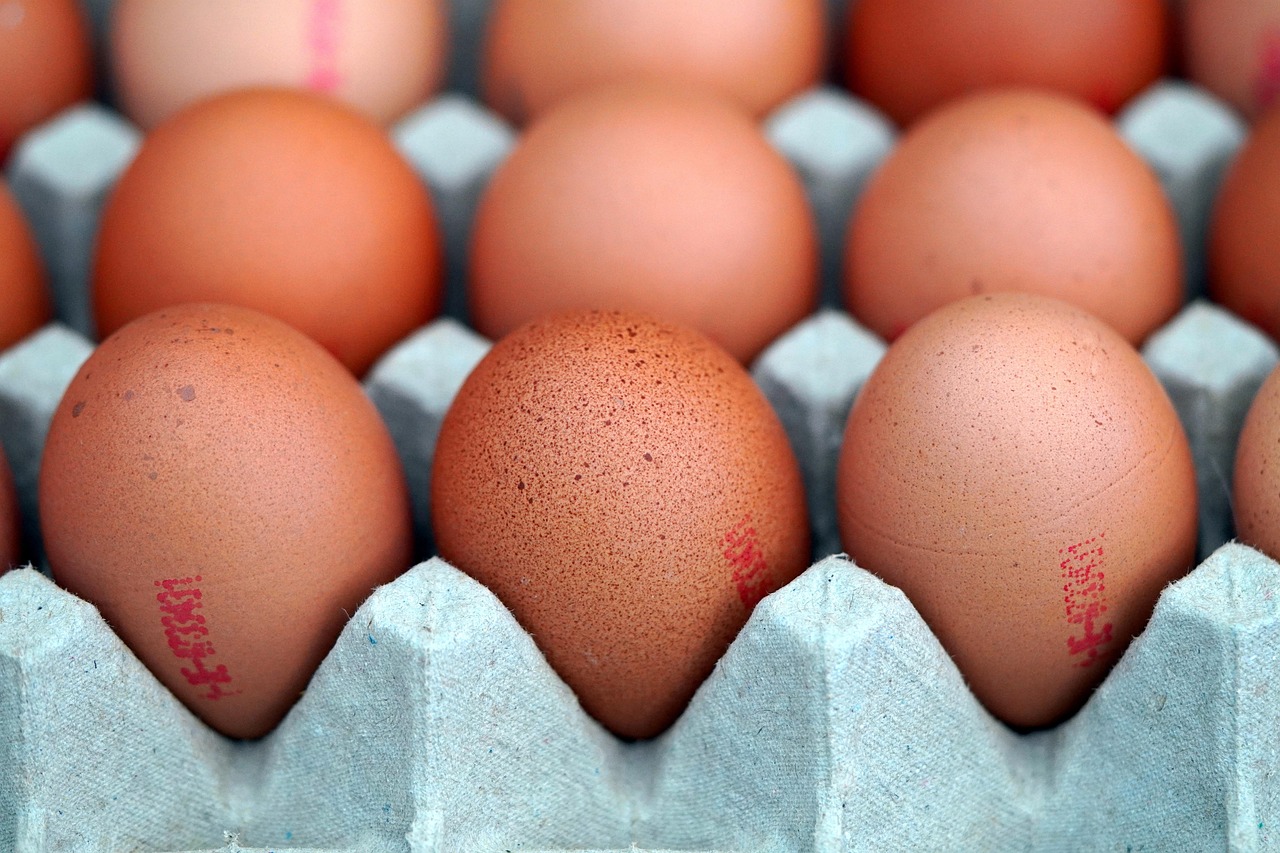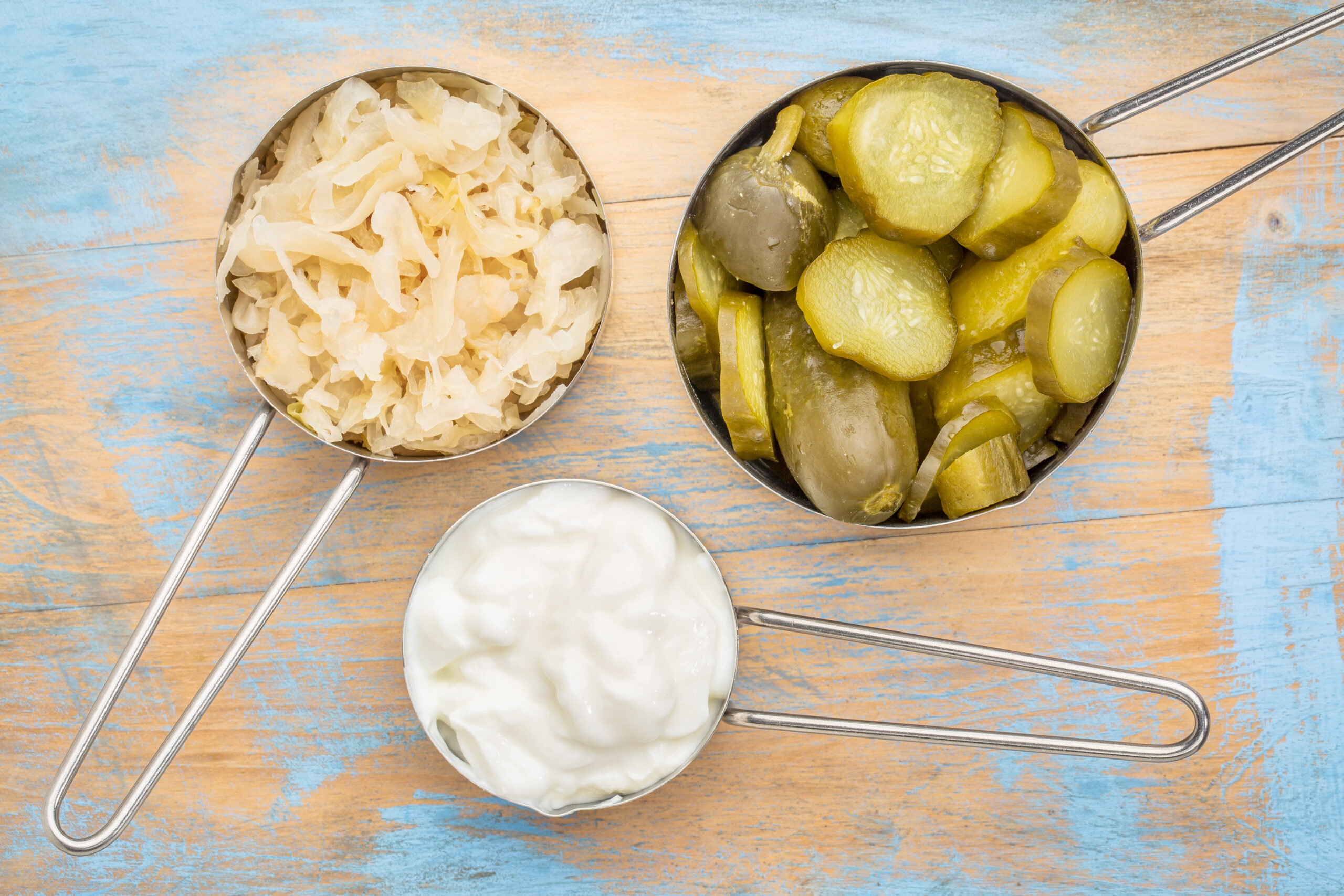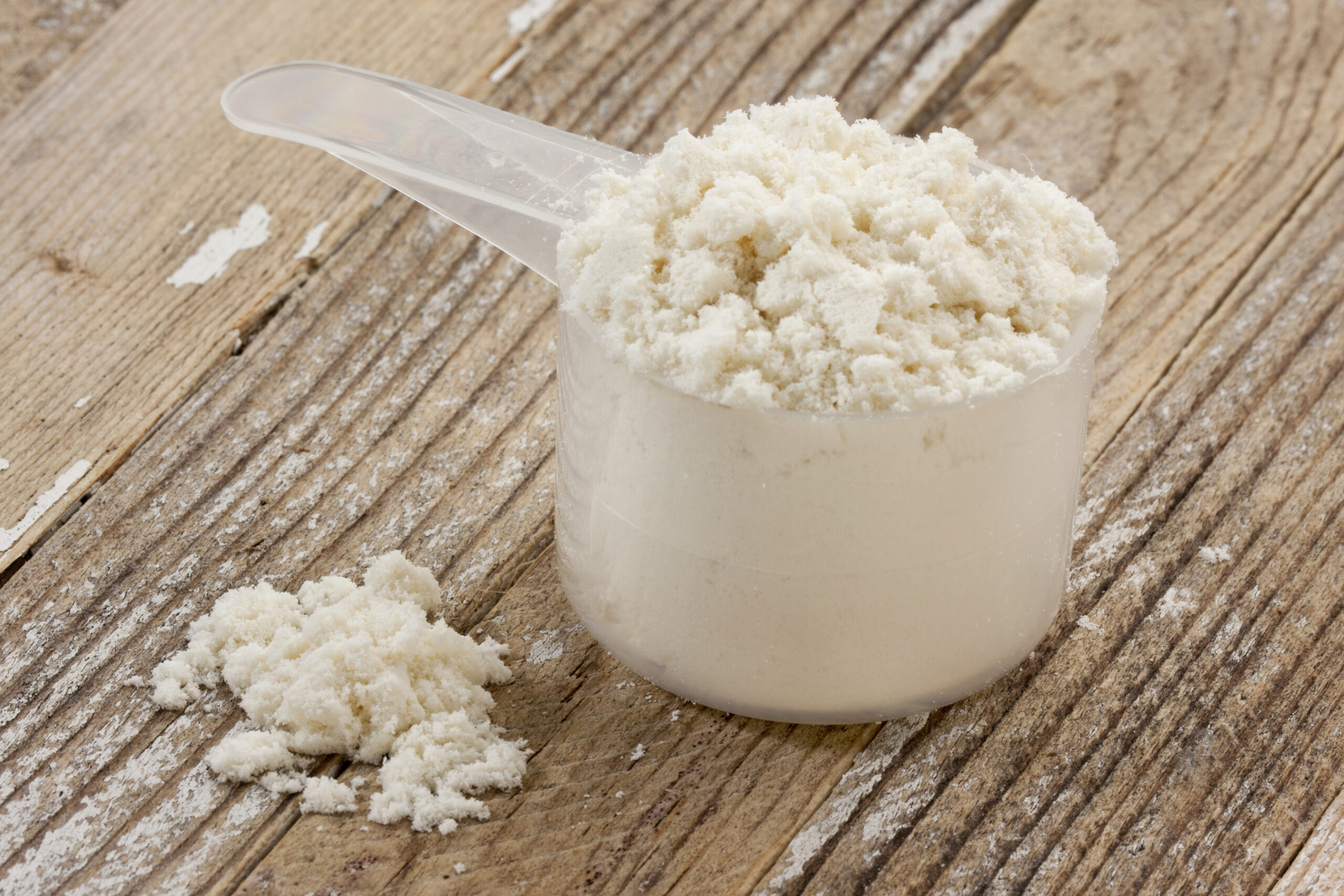Whole eggs have long been the subject of nutritional debate. Once loved for their convenience, satiety, and versatility, then vilified for their cholesterol content. But recently, eggs have enjoyed a reputational renaissance and are now being hailed as a nutrient-dense superfood!
But can they truly help slow the ageing process and boost skin health?
Spoiler: Yes. Eggs are packed with compounds that support skin elasticity, DNA integrity, hormone production, and brain function. And they do it all in one perfectly portioned, natural package. This article outlines exactly why whole eggs deserve a spot on your plate, especially if healthy ageing and glowing skin are high on your agenda.
What Makes Whole Eggs a Nutritional Powerhouse?
One large egg contains 13 essential nutrients, many of which are hard to find in such a bioavailable form elsewhere. The yolk in particular is a rich source of fat-soluble vitamins and key micronutrients linked to longevity.
Some of the nutrients found in an egg include:
- Choline
- Vitamin A
- Lutein
- Zeaxanthin
- Vitamin D
- Selenium
- Zinc
- High-quality protein
Eggs and Skin Health
Your skin reflects your internal health, and eggs deliver several nutrients that directly support skin integrity, hydration, and repair. Let’s have a look at how!
Lutein and zeaxanthin are two potent antioxidants found in egg yolks, they help protect skin cells from oxidative stress and UV damage. This reduces photoageing (the premature ageing of the skin caused by sunlight) and supports even tone and texture over time.
Meanwhile, vitamin A plays a central role in skin cell regeneration and turnover, helping your complexion stay fresh, clear, and resilient. Choline is crucial for brain function and methylation, a key process in DNA repair and gene regulation. It also strengthens cell membranes, helping the skin barrier retain moisture which is crucial for avoiding dryness, irritation, and inflammation, especially as we age.
The protein content in eggs is also key as they contain a complete amino acid profile. Collagen and elastin (the structural proteins that give skin its firmness and elasticity) depend on amino acids like glycine, proline, and lysine, all of which are found in abundance in whole eggs. Without enough of these building blocks, your body can’t effectively repair or maintain the skin matrix.
Selenium and zinc provide additional antioxidant protection and support skin healing. Zinc is known for its role in wound healing and acne reduction, while selenium contributes to elasticity and defends against free radical damage. In short, they’re both essential for tissue repair, antioxidant defence, and collagen maintenance.
Combined, these nutrients help your skin stay stronger, plumper, and more radiant from the inside out.
Eggs, DNA, and Anti-Ageing from Within
Eggs support your body at the cellular level, for example, choline and folate work together to fuel DNA methylation, the process that helps regulate gene expression and repair damaged DNA. This is a big deal for ageing well: better methylation patterns are associated with reduced biological age and lower risk of chronic disease.
Vitamin D from eggs also contributes by regulating inflammation and enhancing cellular resilience, both of which are crucial for graceful ageing. Add in cysteine and methionine (two amino acids that support detoxification pathways) and you’ve got a serious internal clean-up crew.
What About Cholesterol?
Eggs were once demonised for their cholesterol content, but modern science paints a different picture. For most healthy people, dietary cholesterol has little effect on blood cholesterol levels. In fact, eggs may improve your cholesterol profile by raising protective HDL.
However, individuals with familial hypercholesterolemia or other lipid disorders may still need to limit intake. It’s also worth noting that how you cook your eggs matters too. As always, go easy on processed oils and aim for gentle cooking methods like poaching, boiling, or scrambling with a touch of olive oil.
Whole Eggs vs. Egg Whites
Some people opt for egg whites to reduce calories or cholesterol, but that choice comes with trade-offs. Egg whites are a great source of protein but lack most of the key nutrients linked to anti-ageing and skin health (like choline, vitamin A, lutein, and vitamin D) all of which are found in the yolk.
Unless you have a specific dietary restriction, whole eggs offer far more comprehensive benefits as the yolk is where the majority of skin-loving, cell-repairing, and hormone-supporting nutrients live.
Think of it this way: nature designed eggs as a complete package and splitting them may mean missing out.
How Many Eggs a Day Is Healthy?
For most people, 1 to 2 whole eggs per day is considered safe and beneficial, according to numerous studies. This amount provides robust nutritional support without tipping into excess cholesterol or saturated fat intake.
Some research suggests even higher intakes (up to 3 eggs per day) are well-tolerated by healthy individuals, especially when paired with a whole-food diet. Ultimately, it’s about the bigger picture of your diet and lifestyle. If eggs are displacing sugary or ultra-processed foods, you’re almost certainly upgrading your health.
The Easiest Way to Add Whole Eggs to Your Diet
You don’t need to reinvent your meal plan. Eggs are already one of the most versatile foods around:
- Hard boil a batch for quick snacks.
- Poach or fry an egg to top a salad or leftover veggies.
- Scramble with spinach or mix into stir-fried rice.
- Make an omelette with meat and veggies for a balanced meal.
- Bake into veggie muffins for breakfast on the go.
- Add to ramen, grains, or even soup for a protein boost.
Nature’s Multivitamin in a Shell
Whole eggs are a compact, powerful source of anti-ageing nutrition. From skin health and brain support to DNA repair and hormone balance, they deliver wide-ranging benefits that go far beyond breakfast.
So yes, the yolk is absolutely worth it. Treat whole eggs as the superfood they are, and your body (and skin) will thank you.



